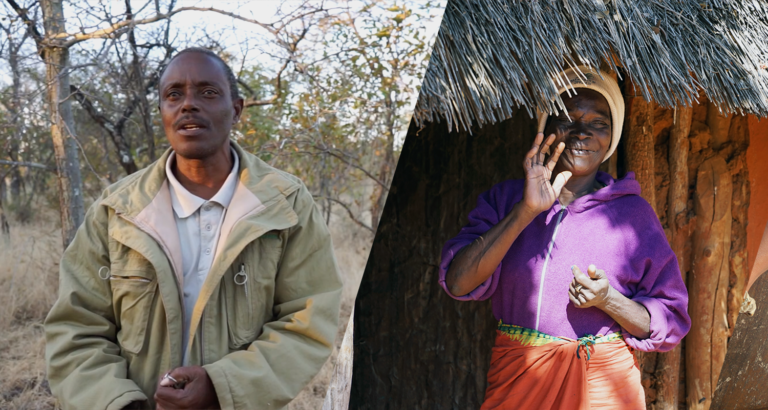White Papers by Savory Institute
Conventional agricultural practices on grasslands, such as the addictive use of synthetic fertilizers, fire, and rest is causing soils to lose stored carbon, and therefore its inherent productivity.
Properly managed livestock on grasslands through Holistic Management has shown its potential to restore the soils’ ability to store carbon.
As the grasses and other plants grow they absorb CO2 each and every day. That is part of the natural, biological process of photosynthesis. Plants working at their optimum capacity through proper management photosynthesize more, have more leaves, deeper roots, stay greener longer into the dry season, and play a key role in feeding the microbial communities in soils. Increased soil carbon has an immediate impact on climate change as it involves capturing excess CO2 from atmospheric circulation.
There are simultaneous and more tangible and measurable benefits of properly managing livestock on grasslands in terms of drought tolerance, food and water security, increase of biological diversity, wildlife habitat, enhanced livelihoods of pastoralists, integrity of our food, etc.
The capacity of grasslands soils to aid in climate change mitigation is simple math. For each 1% increase in soil organic matter achieved on the world’s 5 billion hectares of grasslands, 64 ppm of carbon dioxide would be removed from atmospheric circulation. But there is more detail to this simple formula, including the issues of permanence, and the additional concern often expressed of livestock contribution to methane emissions.
The Savory Institute has collaborated with a variety of soil, climate, and animal scientists as well as Holistic Management practitioners, to put the math in place and shine some light on our hopeful claims. We released a series of white papers addressing the processes and the math behind the promise of grasslands soils to act as powerful carbon sinks if managed for their ecological and inherent integrity and productivity, and addressed the question of methane putting it into a richer, more holistic context.
To download these papers and learn more about Holistic Management, click on the links below:
http://savory.global/assets/docs/evidence-papers/2015-climate-a-restoration-story.pdf
http://savory.global/assets/docs/evidence-papers/2015-methane.pdf





